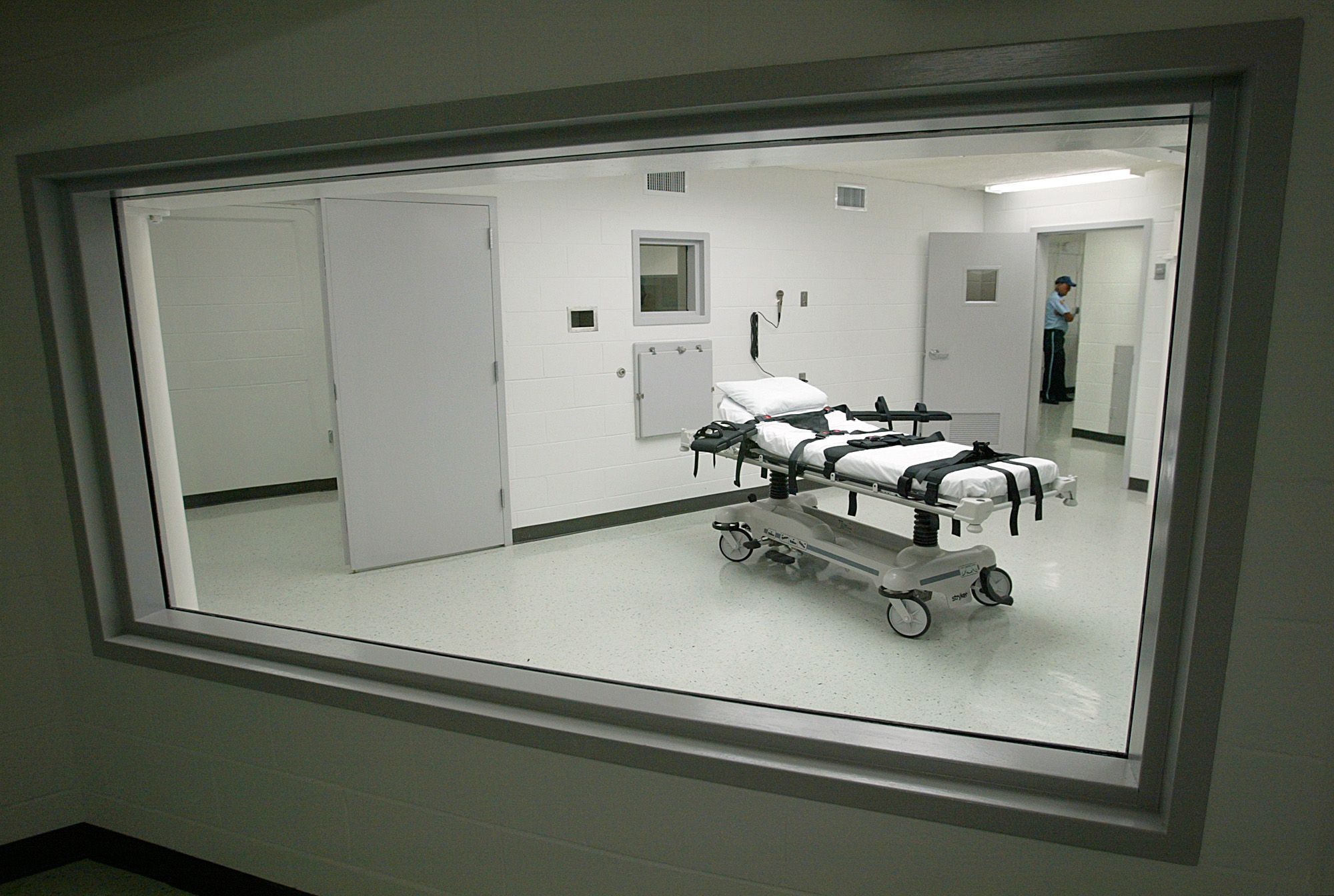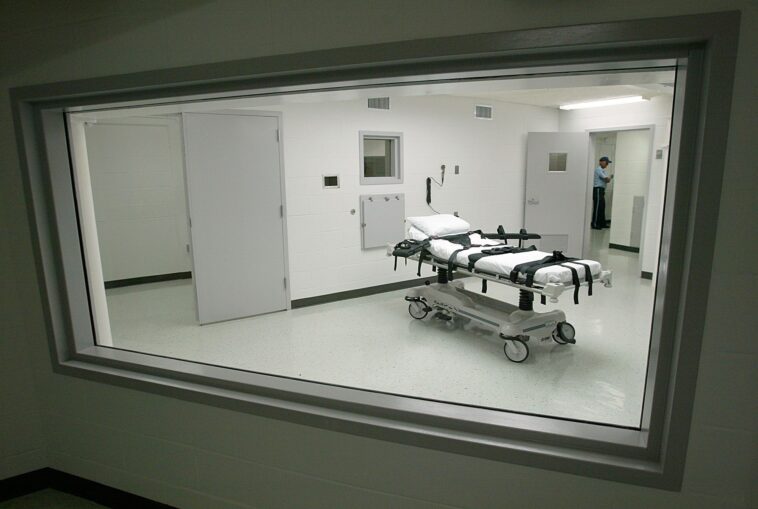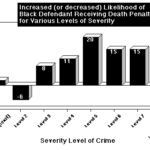
Alabama Agrees to Waive Autopsy on Muslim Death Row Inmate
Background of the Case
Keith Edmund Gavin, a Muslim death row inmate in Alabama, is scheduled to be executed on July 18 by lethal injection. However, Gavin filed a lawsuit against the state seeking to avoid an autopsy, which he believes would violate his religious beliefs. According to his attorneys, Mr. Gavin is a devout Muslim who believes that his body is a sacred temple and must be kept whole. Based on his faith, he is fiercely opposed to an autopsy being performed on his body after his execution.
Alabama Prison System Agrees to the Request
In response to Gavin’s lawsuit, the Alabama prison system issued a statement on July 9 stating that they had agreed to waive the autopsy. Instead, his remains will be picked up by the attending funeral home. It is uncommon for the autopsy to be waived in Alabama after an execution.
The Religious Implications of Autopsies
One of the key aspects of the case is the religious implications of autopsies. In Islam, the human body is considered sacred and must be treated with respect even after death. Autopsies for any reason other than a criminal investigation or a requirement for a legal procedure are discouraged in the religion. This is not the first instance where a Muslim in the United States has sought an exemption from autopsies based on religious beliefs.
The Debate Around Autopsies and Religious Beliefs
The case of Gavin has reignited the debate around autopsies and religious beliefs. While individuals are entitled to free exercise of religion, there are legal and practical considerations that come into play when it comes to matters of public policy and safety. It is important to understand the complexities of the issue so that the interests of all parties can be balanced.
The Rights of the Incarcerated
In addition to the religious aspect of the case, it is also important to consider the rights of the incarcerated. The Eighth Amendment of the Constitution guarantees that individuals are protected from cruel and unusual punishment. The decision to waive the autopsy for Gavin indicates that the state is taking into account his right to be treated humanely even after his execution.
Conclusion
The decision by the Alabama prison system to waive the autopsy for Keith Edmund Gavin has opened up a larger discussion about autopsies and religious beliefs, as well as the rights of the incarcerated. It is important to consider all sides of the issue and strike a balance that respects the interests of all parties involved.
Originally Post From https://wtop.com/national/2024/07/alabama-agrees-to-forgo-autopsy-of-muslin-inmate-scheduled-to-be-executed-next-week/
Read more about this topic at
Muslim inmate asks that state not autopsy his body after …
Alabama agrees to forgo autopsy of Muslim inmate …


